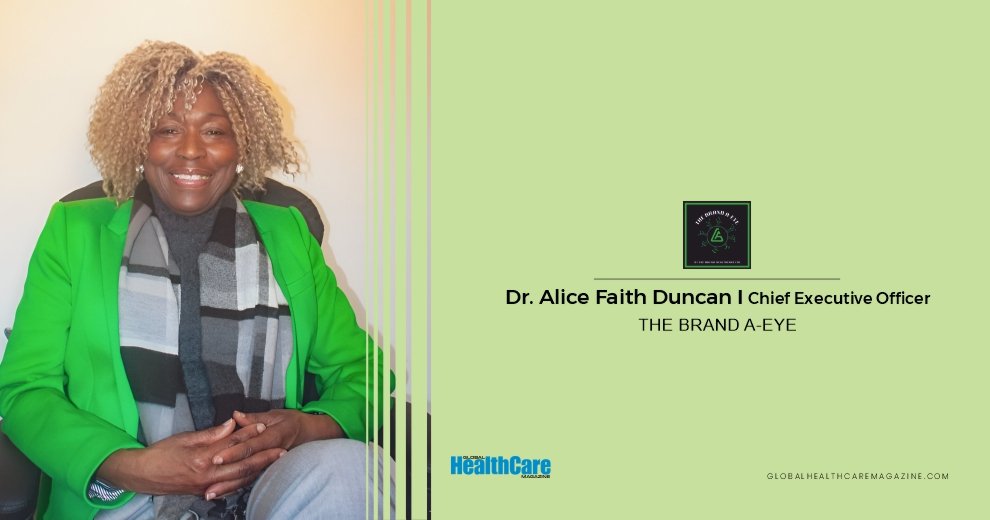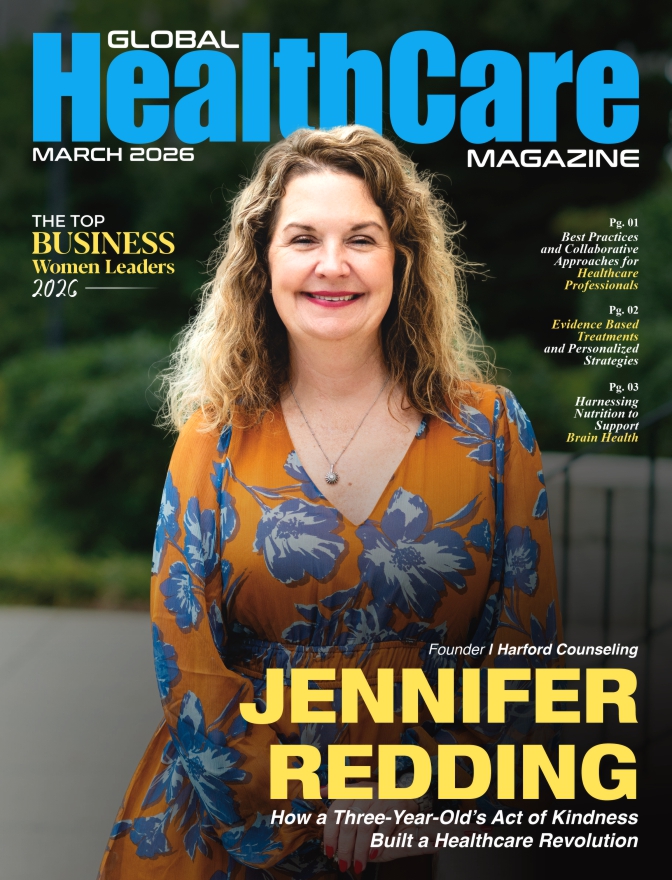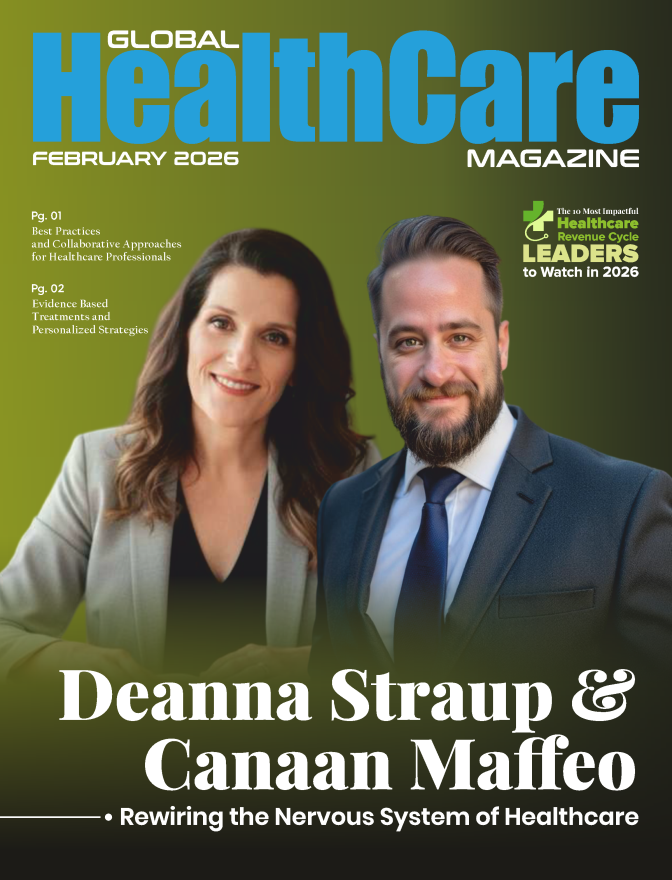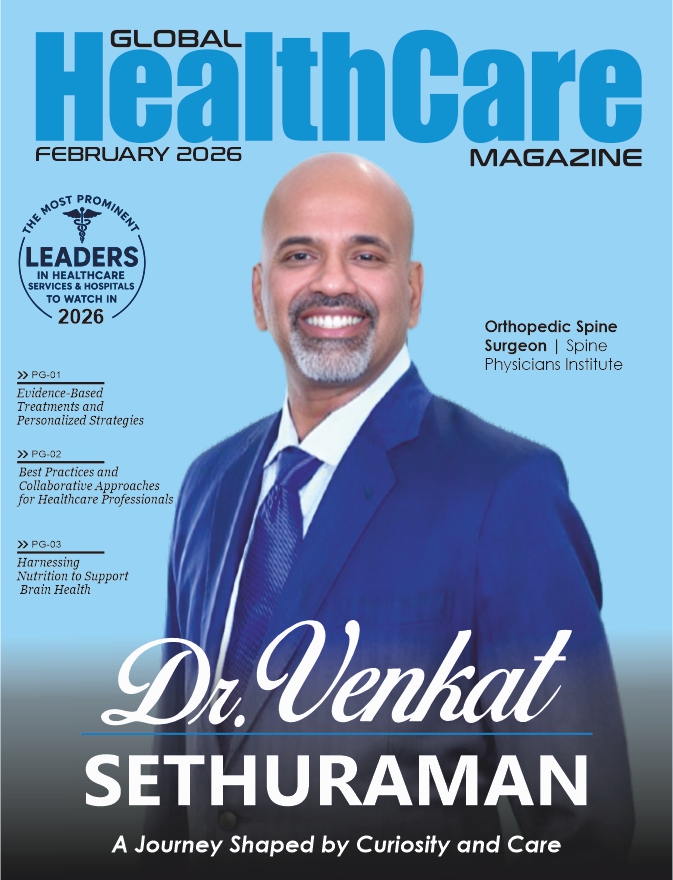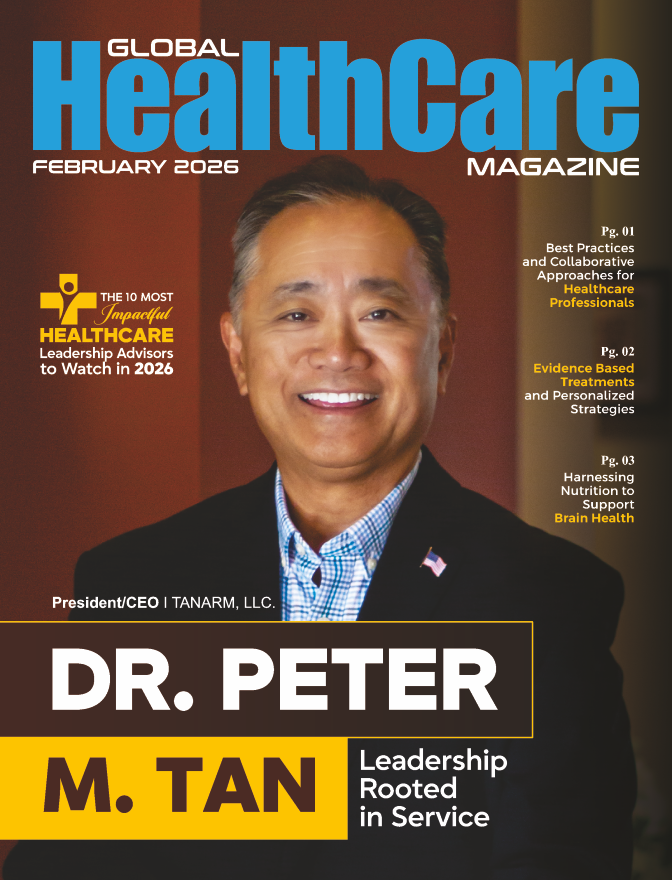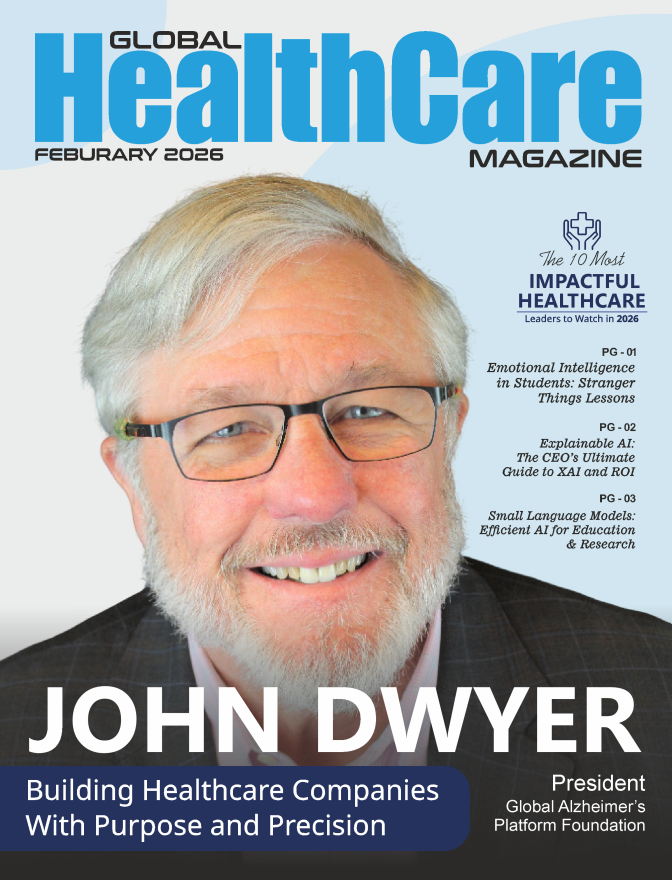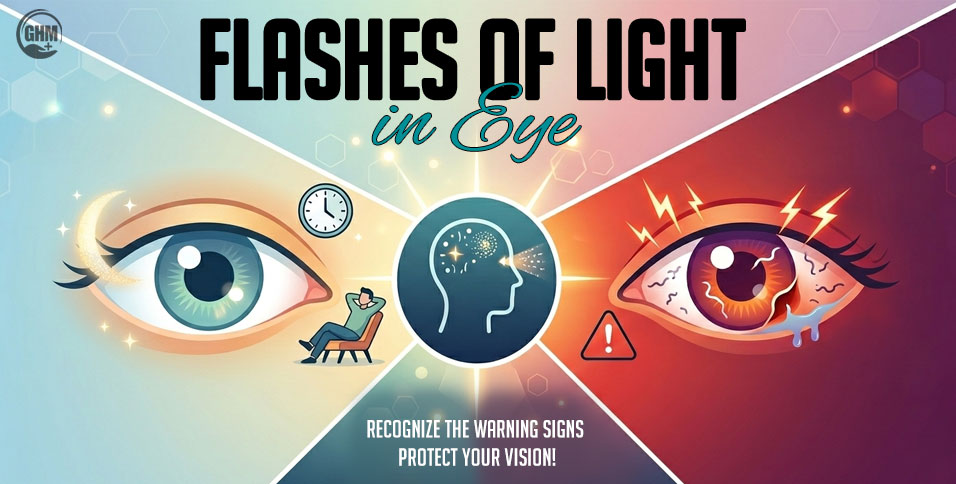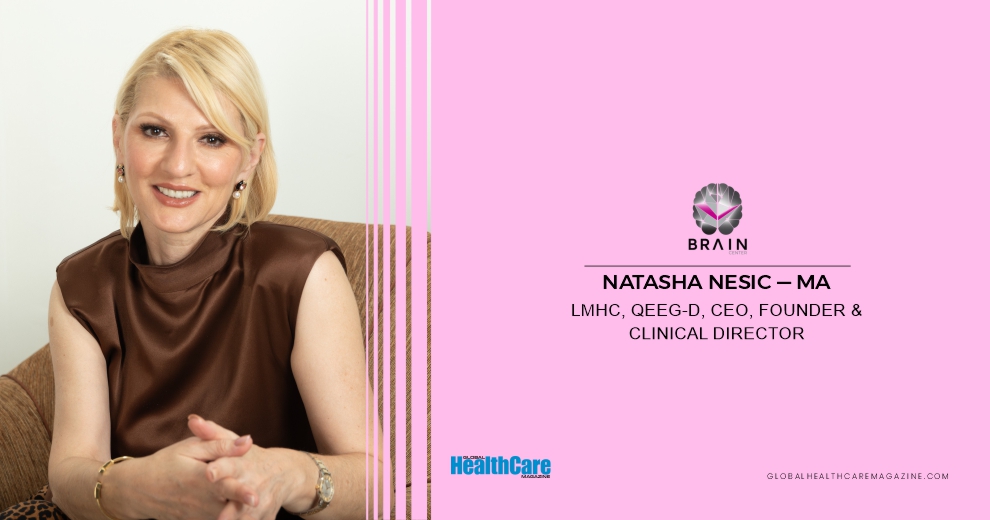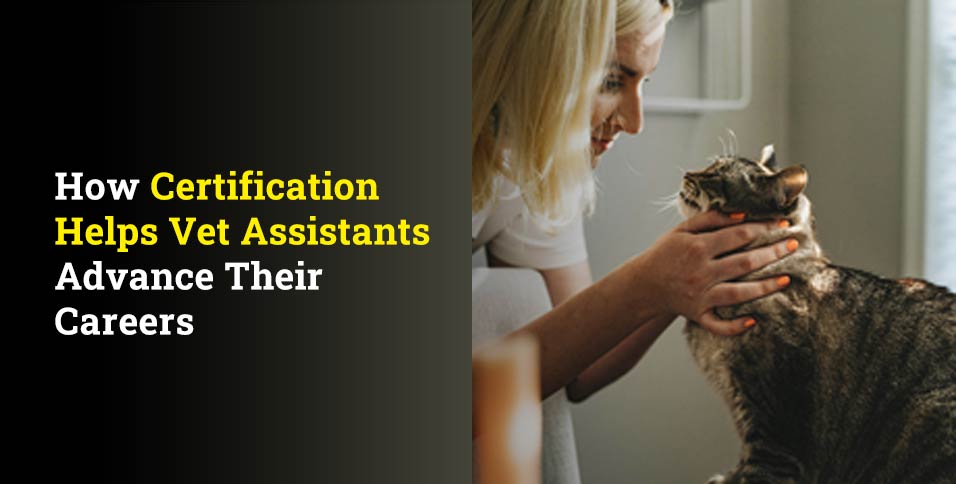Consider the idea of expertise.
We often imagine it being built brick by painstaking brick within a single, narrowly defined silo. But what if true visionary insight—the kind that reshapes an entire field—emerges not from depth in one area, but from the intersection of several, seemingly unrelated ones?
What if understanding the human mind, navigating complex social systems, and recognizing the signs of unseen struggle are precisely the skills needed to build the artificial intelligence that healthcare desperately needs?
Meet Dr. Alice Faith Duncan. She is a general adult consultant psychiatrist with over 30 years of clinical practice, including working in forensic psychiatry and high-stakes medicolegal cases in the Family Court. She trained across continents, mastering the nuances of human resilience and disparity.
Today, she is the Chief Executive Officer of The Brand A-Eye, a company focused on AI designed to support the mental well-being of healthcare workers through its various applications. Her story is a compelling argument that the future of healthcare AI belongs not just to technologists, but to those who understand the human condition with uncommon depth.
The Advantage of Seeing the World Differently
Dr. Duncan’s journey began with an experience that set her apart early on. She was born, raised, and educated in St. Ann, known as the “Garden Parish” in Jamaica. She earned her pre-medical BSc (Hons) and her MBBS from the University of the West Indies. Following this, she moved to the Bahamas to complete her medical internship and then immediately began her specialist training in psychiatry. These years provided “profound insights into global health disparities and human resilience”— a fundamental understanding of how health is shaped by culture, context, and challenge.
Dr. Duncan then relocated seamlessly to the UK to continue her postgraduate/specialist psychiatric training in the multicultural city of Manchester at the University of Manchester eventually completing specialist training and earning her MRCPsych credentials. She further honed her multicultural experience by working in Birmingham before moving to Yorkshire.
Her initial draw to psychiatry was a deep curiosity about the human mind and a commitment to helping marginalised and stigmatised individuals facing mental health challenges and unseen battles. Fundamental psychiatric skills include listening, understanding narratives, and recognizing patterns in complex human behavior.
Over time, particularly in the post-pandemic era, her focus on mental health and AI evolved. She began to see how digital tools like AI could scale the help needed by underserved populations and the healthcare professionals left exhausted by the crisis. Her diverse global and clinical background gave her a unique vantage point from which to observe the problem and envision a solution.
The Art of Understanding Complexity
For over two decades, Dr. Duncan has applied her expertise in particularly challenging environments, garnering significant experience in risk assessment and risk management in the context of mental health. More recently, she has been working as a Specialist Mental Health Member on PFEMB (Police Firefighter Expert Medical Board), where she conducts comprehensive psychiatric assessments for police officers and firefighters in medical appeal hearings when mental health is deemed a significant factor.
This role requires a nuanced understanding of psychiatric diagnoses, risk profiling, and the impact of occupational health. Dr. Duncan meticulously sifts through complex histories and presentations while engaging in collaborative discussions with occupational health physicians and other specialist medical members, such as orthopaedic consultants, to make fair and informed decisions within an occupational legal framework. It is an exercise in understanding human vulnerability under pressure, grounded in “scientific knowledge and human compassion.”
This specific, demanding practice has built on Dr. Duncan’s unparalleled expertise in recognizing subtle cues and understanding the multi-layered factors influencing mental health outcomes—skills that, it turns out, are highly relevant to building intelligent systems.
Dr Duncan enjoys every day clinical practice and is currently working two days a week in a specialist perinatal community mental health clinic for mothers presenting during pregnancy and up to two years after giving birth with mental health problems.
The Tipping Point for “The Brand A-Eye”
The COVID-19 pandemic pushed healthcare systems—and their professionals—to a breaking point. Burnout became rampant, and traditional support systems proved insufficient to meet the overwhelming needs. This was the “tipping point.”
Dr. Duncan observed a crisis demanding a new kind of solution. At the same time, Dr. Duncan began developing a keen interest in AI, having first heard about ChatGPT on Clubhouse—the audio platform where COVID-19 was also being discussed in various international healthcare forums.
In 2023, she founded The Brand A-Eye in York, United Kingdom, specifically in response to this post-COVID reality and her growing awareness of AI’s implications for healthcare. Her vision was to take her decades of clinical psychiatric experience and fuse it with artificial intelligence. The goal was not just another tech tool, but an empathetic, accessible, and culturally aware digital mental health support system designed for health care professionals globally. Its mission is to be a “digital sanctuary and advocacy platform,” powered by AI. At its core, Dr. Duncan states, the ambition is nothing less than “to rehumanise medicine” by using technology to support the humans delivering care.
Engineering Empathy into Algorithms
How do you build empathy into code? This is one of the complex engineering challenges at the heart of technological development—and by extension, The Brand A-Eye. Optimizing and developing AI support models trained to analyze linguistic, behavioral, and contextual cues remains a work in progress. The specific purpose is to flag early signs of burnout and emotional distress among healthcare workers. A crucial principle governs any such design: these tools must “supplement, not replace, human care.”
Furthermore, recognizing the diverse global healthcare workforce—and her own background—Dr. Duncan is keen to invest heavily in making these AI models multilingual and culturally nuanced—an observed shortcoming in the training of current LLMs.
This effort directly addresses disparities in mental health care, acknowledging that conventional systems often fail to fully see professionals and patients from diaspora communities. It is an attempt to engineer inclusivity directly into the technology. This clear definition of AI’s role is crucial for building trust. Addressing AI ethics, patient privacy, and bias is not an afterthought but is built into the structure of The Brand A-Eye’s work plan, based on three pillars: transparency, security, and inclusivity.
All applications will face strict ethical review, adhere to GDPR compliance, use anonymisation protocols, and require explicit consent. To combat algorithmic bias, testing and development will involve clinicians and stakeholders from multiple ethnicities, regions, and lived experiences. This rigorous process will ensure they are building a model that is “diverse, dynamic, and equitable,” resisting the simplicity of a one-size-fits-all solution in a field defined by individual differences.
The AI-Enabled Future of Mental Healthcare
Dr. Duncan envisions AI playing a central role in scaling mental health solutions to meet global shortages of trained professionals. She sees AI underpinning responsive, preventative care systems through conversational agents, predictive diagnostics, and tailored digital therapy pathways.
Crucially, AI should enable clinicians to work more efficiently, “freeing up time for the relational work that only humans can do”—the essential connection and empathy. She foresees AI becoming an “invisible yet vital layer” embedded throughout the entire patient journey, from triage to recovery.
Resilience Built, Influence Earned
Dr. Duncan’s career was not without significant challenges, including balancing a demanding professional life with personal life outside her country of origin—without the natural psychosocial support network—and witnessing institutional bias and underrepresentation as a Black woman in medicine in the UK. She chose to meet these not solely as personal affronts, but as part of the “wider human condition,” relying on resilience drawn from her cultural heritage and lived experiences.
Looking back, Dr. Duncan considers these challenges a catalyst for personal growth that she would not have experienced had she chosen a less-travelled professional journey–and for that, she is grateful. Instead of merely navigating existing systems, she focused on “creating systems of change,” mentoring others along the way. The COVID-19 crisis, in fact, reinforced her purpose, inspiring her to reimagine psychiatry and healthcare through technology and innovation.
Her notable career achievements demonstrate sustained impact:
- Over 23 years as a Family Court Expert in England and Wales, contributing to fair, culturally competent outcomes
- Senior psychiatric roles in both the NHS and independent sectors, including forensic inpatient care
- Co-editing Psychiatry for the Developing World, advancing global discourse
- Launching The Brand A-Eye, which she sees as the culmination of these decades of experience
Future goals include completion of her training to become an AI Assistant Consultant, collaborating with AI researchers on culturally intelligent diagnostic and predictive tools, as well as further developing MediMuse and Aether AI, their AI storytelling persona designed to connect with users creatively and humanely. Expanding reach via LinkedIn, Instagram, and YouTube, and evaluating long-term outcomes through academic partnerships, are also underway.
The Practice of Presence
For Dr. Duncan, maintaining balance is not a state achieved, but “a practice of presence.” It involves deliberate moments to unplug, reflect, and reconnect through nature, travel, writing, or storytelling. Humour, joy, and gratitude are key elements of her daily rhythm. Her Jamaican heritage and close family, school, and university ties serve as important anchors. She believes in uplifting others and letting moments of laughter soften life’s challenges. These practices sustain the energy and perspective needed for her demanding, visionary work.
Advice from the Co-Pilot
To healthcare leaders considering AI, Dr. Duncan offers clear guidance drawn from her unique perspective. Start with “clarity of purpose—not hype.”
Ask: “What real-world issue are we solving, and how can AI make the solution more humane, accessible, and equitable?” Be bold enough to collaborate with technologists, but remain rooted in clinical wisdom and empathy.
“AI should be your co-pilot, not your compass,” she advises. When leadership is guided by vision, integrity, and compassion, she believes, technology becomes a powerful force for good.
Quotes


